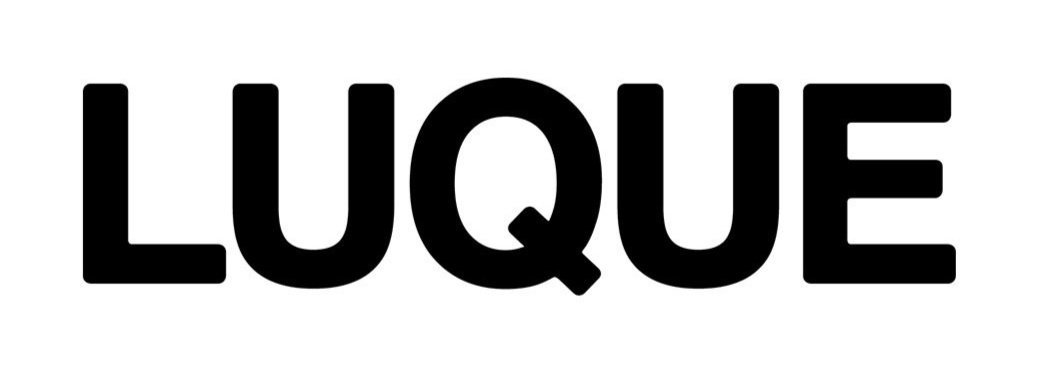Copyright vs Trademark - which is right for me?
Image c/o Edology.com
There comes a point in every artist’s career where there is a paradigm shift in focus. You’ve put in the work to hone your craft, develop your voice, and get your ideas out into the world. As your success increases, your art grows into a brand and your practice into a business. Then, suddenly, you have to focus on the protection of your work as much as its promotion.
Trademark and Copyright are words that get thrown around often. You know each is a tool that can protect you – but which is right for you?
A trademark is a word, phrase, symbol, and/or design that identifies and distinguishes the source of the goods of one party from those of others.
A service mark is a word, phrase, symbol, and/or design that identifies and distinguishes the source of a service rather than goods. Some examples include brand names, slogans, and logos. The term "trademark" is often used in a general sense to refer to both trademarks and service marks. The application for each is the same.
A copyright protects original works of authorship including literary, dramatic, musical, and artistic works, such as poetry, novels, movies, songs, computer software, and architecture. The duration of copyright protection depends on several factors.
You may remember the popular show Tiger King on Netflix, in which Zookeeper Joe Exotic decides to impersonate the rival tiger sanctuary Big Cat Rescue online. Part of the reason Joe is sued throughout the docuseries (spoiler alert) is for creating a logo that looks almost identical to Big Cat Rescue. This caused many would-be patrons of Carole’s Big Cat Rescue to navigate over to Joe’s website, supporting the wrong cat sanctuary. Fortunately for Carole, Big Cat Rescue was trademark protected, and she was able to successfully sue Joe to cease his harmful actions and to pay damages.
To clarify, a trademark protects a person, brand, or company that distributes goods or services. Not the goods itself!
If you have a logo, slogan, or name that are fundamental to your brand’s identity, a trademark can help ensure competitors can’t offer similar services or sell similar products with branding too similar to yours. Having a trademark is a huge benefit because it gives you a legal precedent to force someone from harming your business via their infringement. In addition, if you win your case, trademark protection entitles you to “attorney’s fees” – which means the losing party will pay the winning party’s legal bill– lessening the financial burden of going to court.
On the other hand, if you want to protect your work or product specifically from being copied or misused, you will want to file a Copyright.
A copyright protects any “original works of authorship.” But what is original? To put it another way, a copyright protects the expression of an idea, but it does not protect the idea itself. For example, you cannot copyright the idea of a person with superpowers flying around and rescuing people, but you can copyright a story written by you about such a hero.
The following is a short list of some copyrightable materials: literary (which includes computer programs), dramatic, musical, architectural, cartographic, choreographic, pantomimic, pictorial, graphic (which includes website displays), sculptural, and audiovisual presentations (including movies and videos). Copyright covers both published and unpublished works, meaning it doesn’t have to be available to the public to protect it.
Copyright ownership gives the holder of the copyright in an original work of authorship 6 exclusive rights:
The right to reproduce and make copies of the work;
The right to prepare derivative works based on the original work;
The right to distribute copies to the public by sale or other form of transfer;
The right to publicly perform the work;
The right to publicly display the work;
The right to perform sound recordings publicly through digital audio transmission.
If you’ve created an original and distinctive work, a copyright provides resources to prevent and police imitators. Copyrights also allow you to license your work to others, if for example, a beverage company wants to use your drawing on a bottle. This is one of several ways copyrights can help you monetize your work, while maintaining ultimate ownership thereof.
Further, if your copyright is found to have been infringed upon and you have to go to court, you are entitled to what are known as “statutory damages.” Statutory damages, regardless of how much money the infringer r profited off you, may entitle you to up to $150,000 per infringement. Copyright holders also have the right to attorney’s fees in the event they win their case.
Depending on the kind of work you produce and what you plan to do with it, you can use both trademark and copyright as helpful tools for protecting your ideas.
This information does not, and is not intended to, constitute legal advice. All information, content, and materials are for general informational purposes only. No reader should act, or refrain from acting, with respect to any particular legal matter on the basis of this information without first seeking legal advice from counsel.

